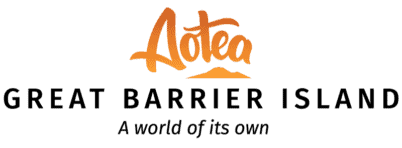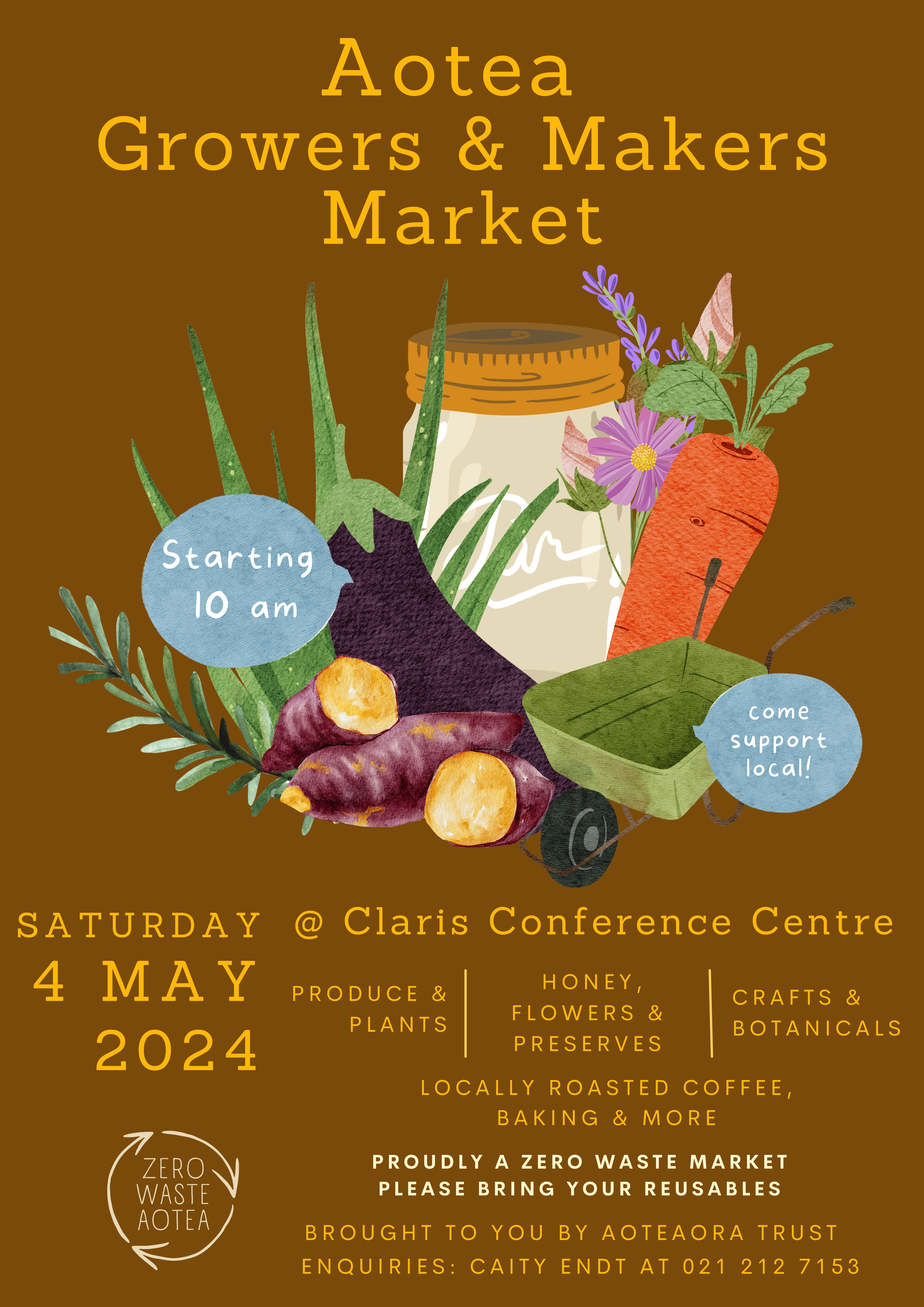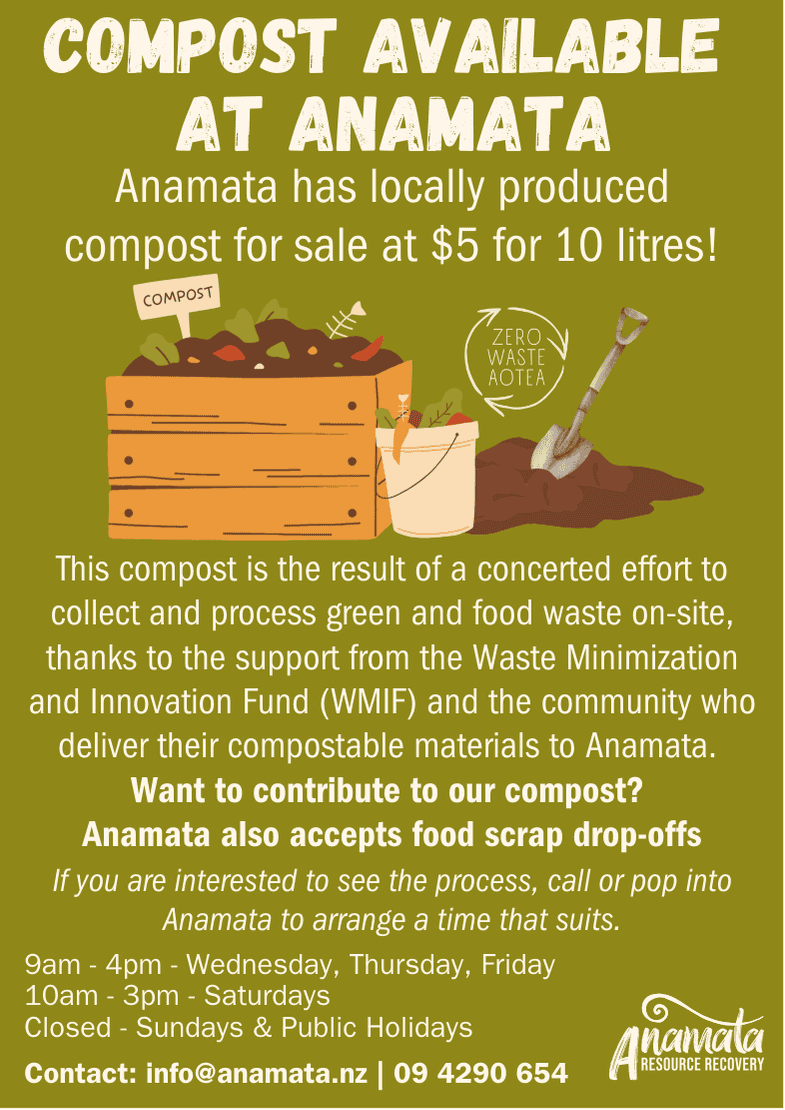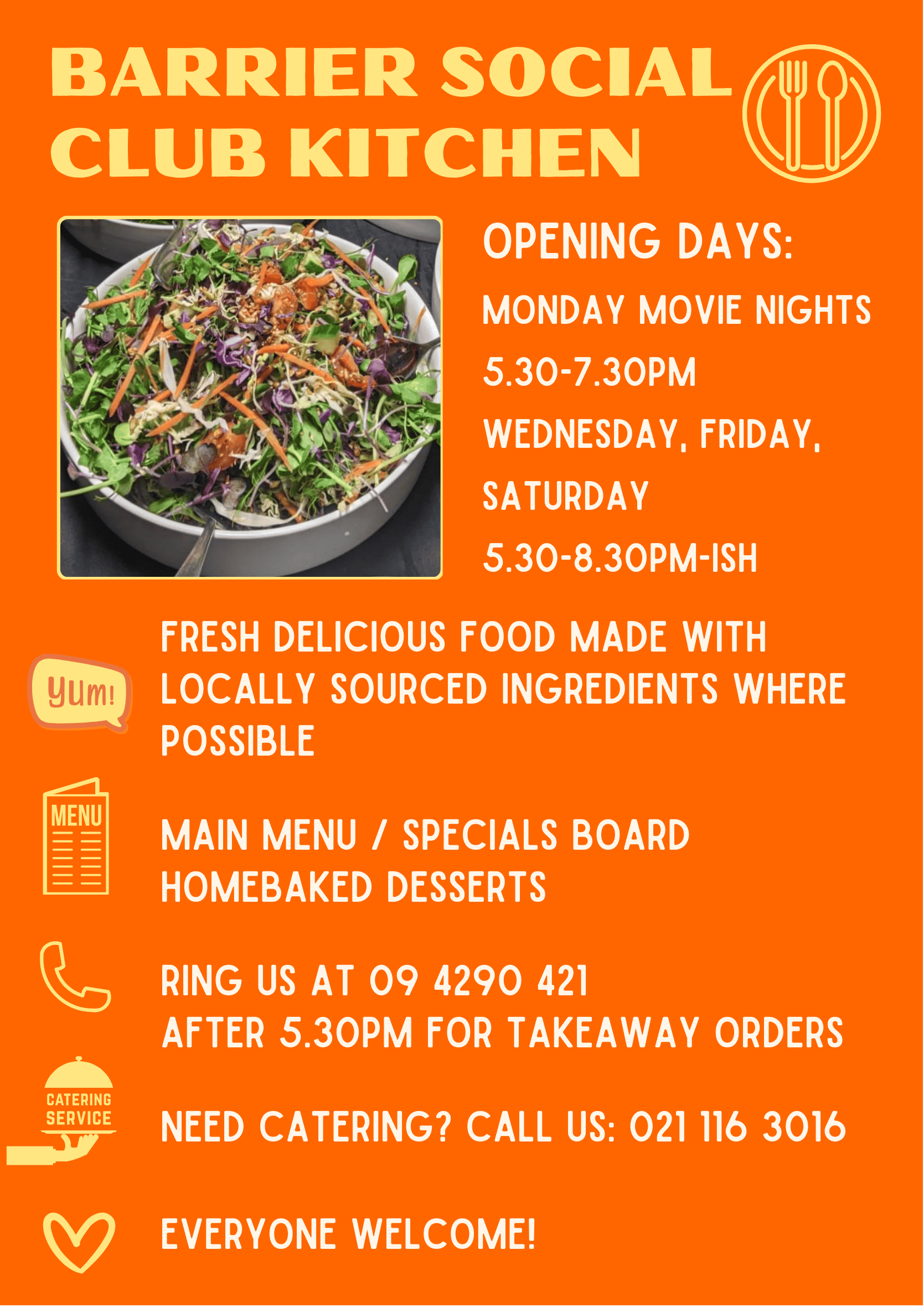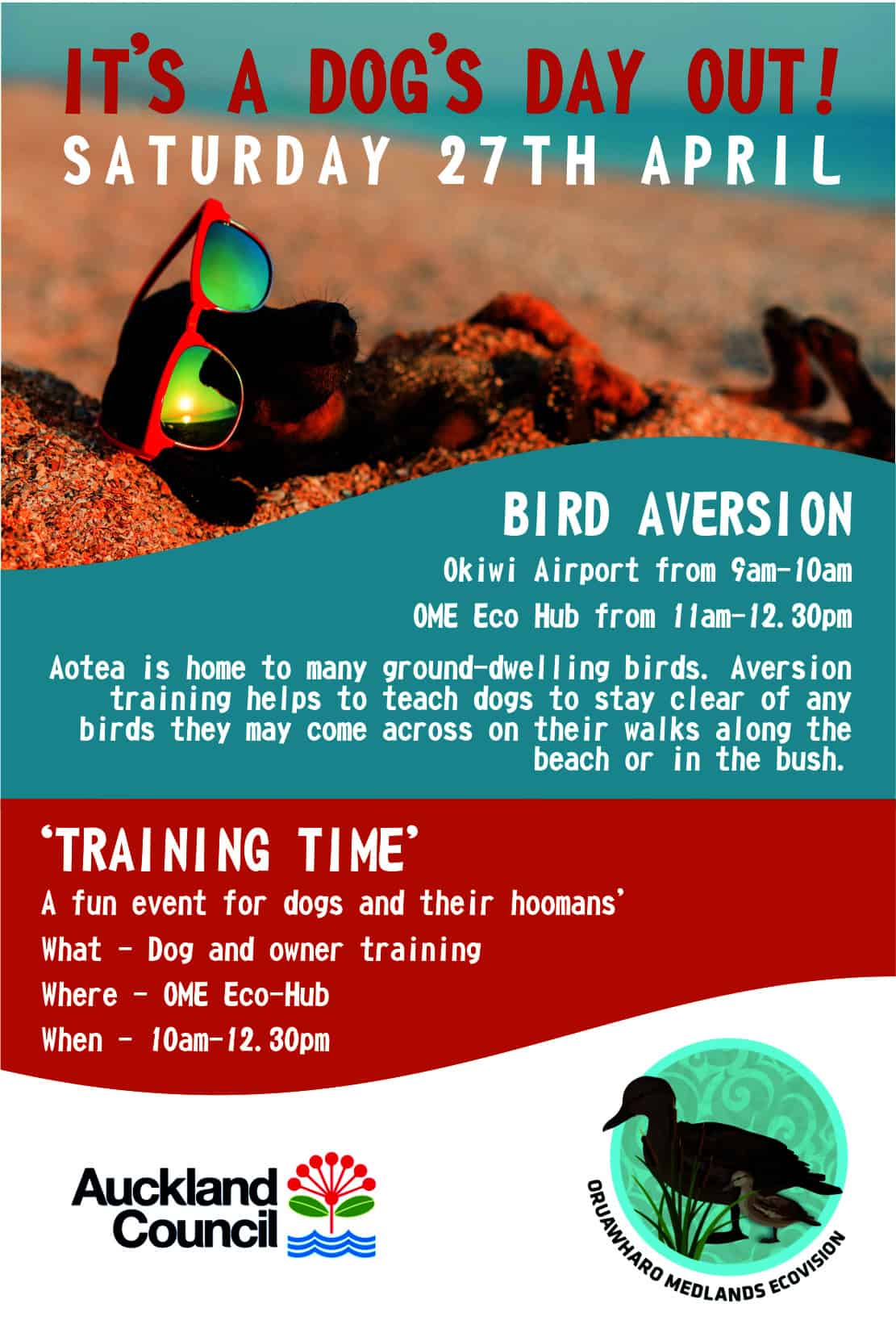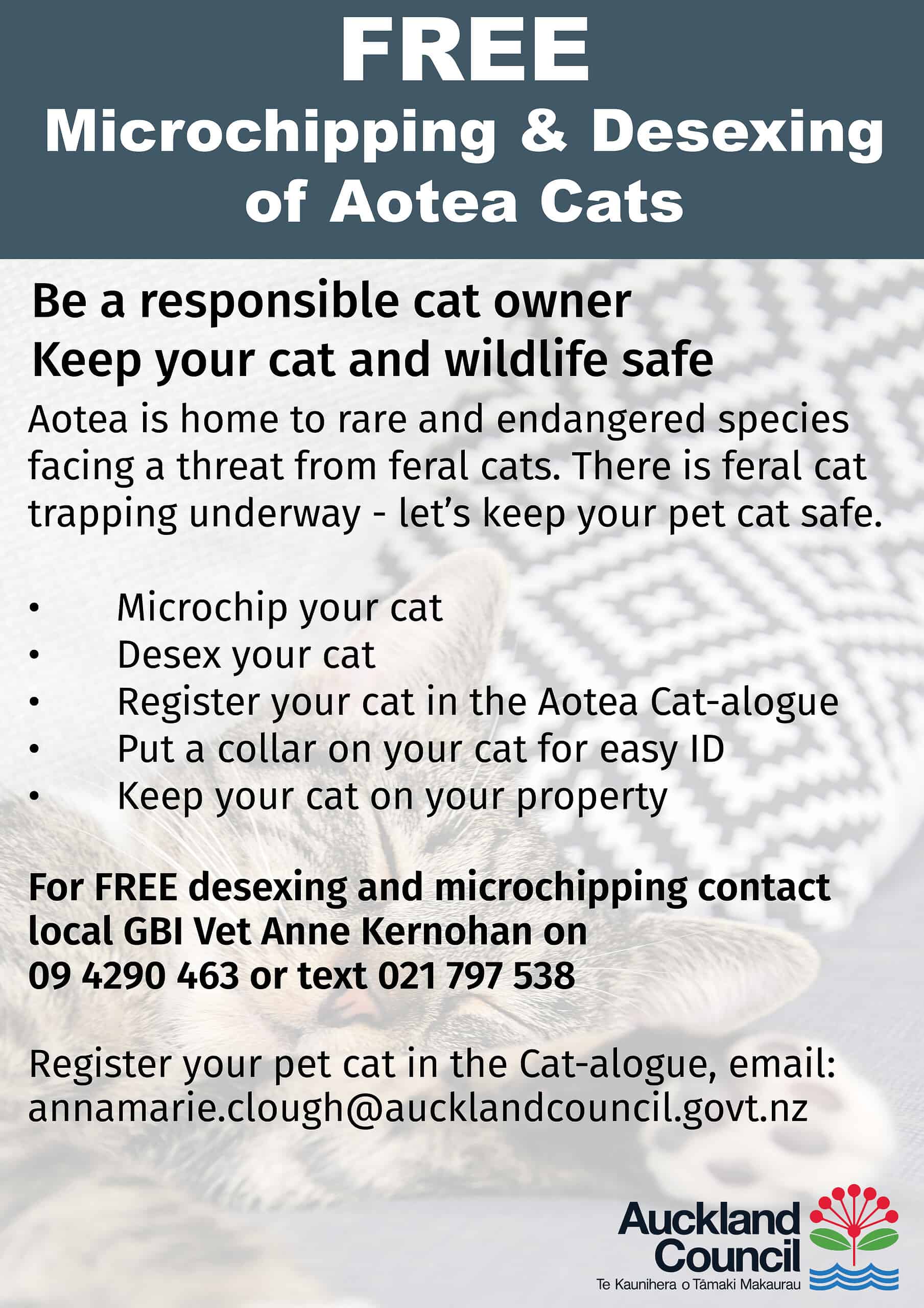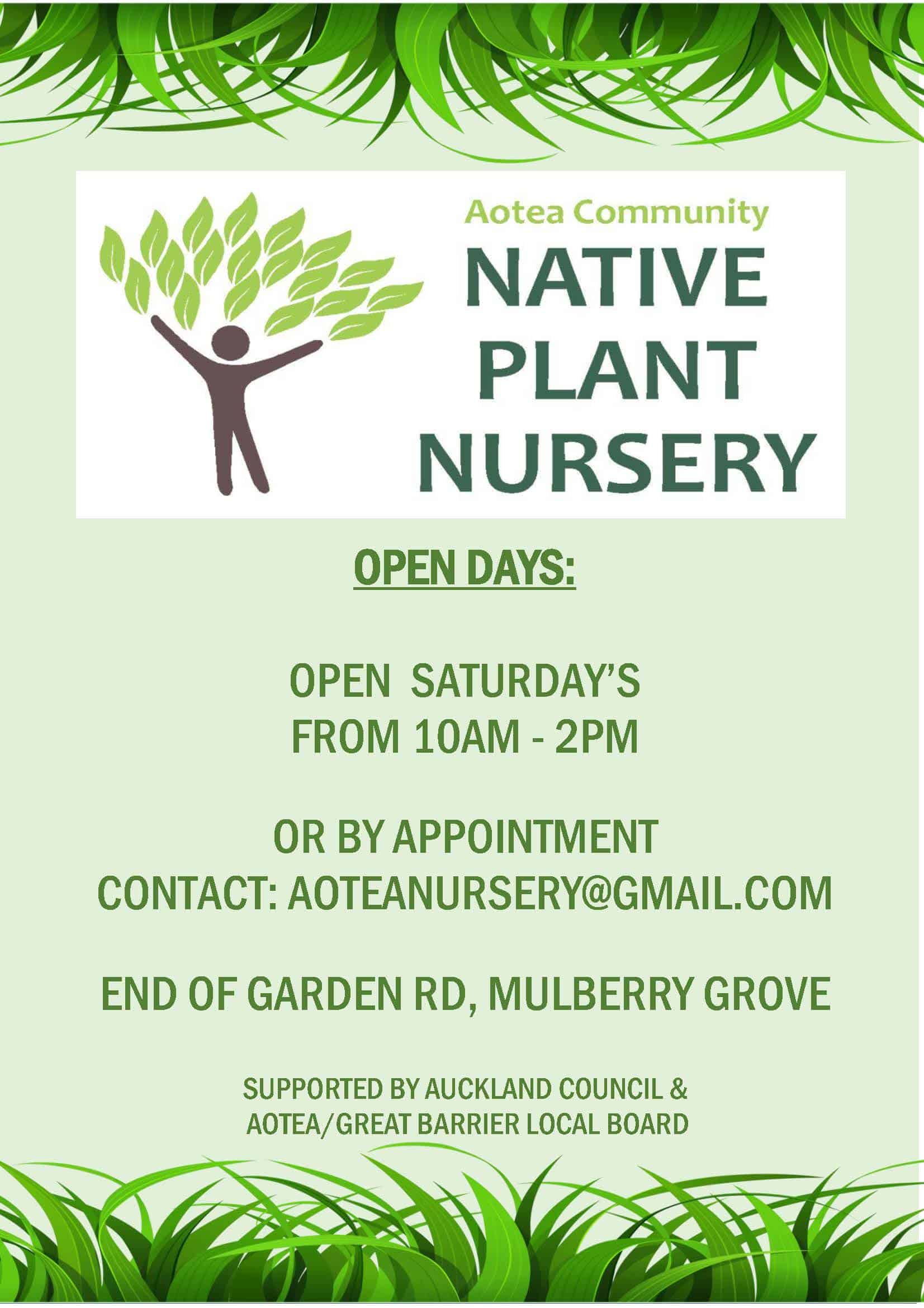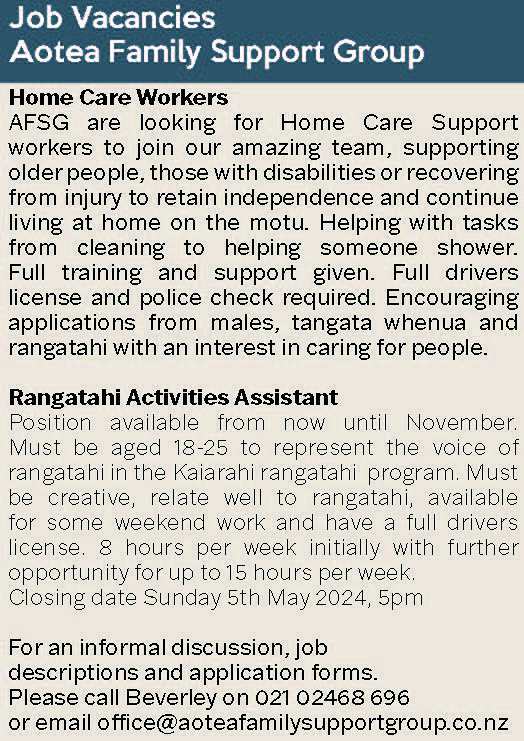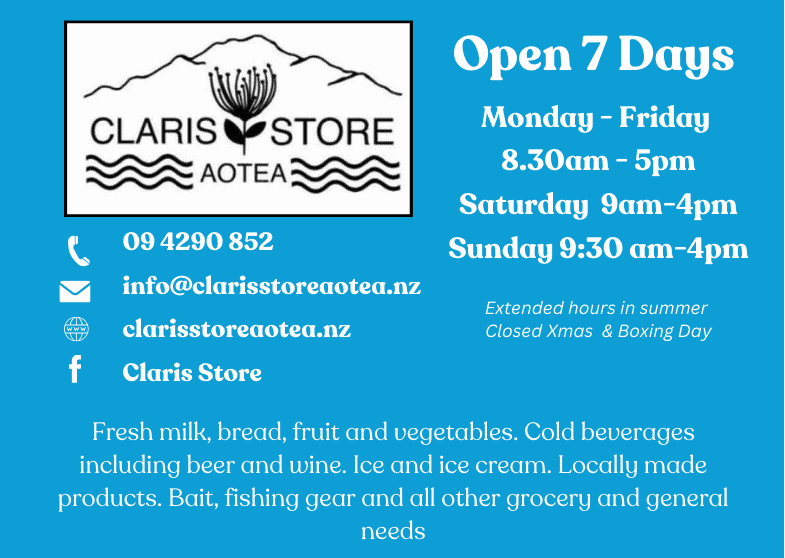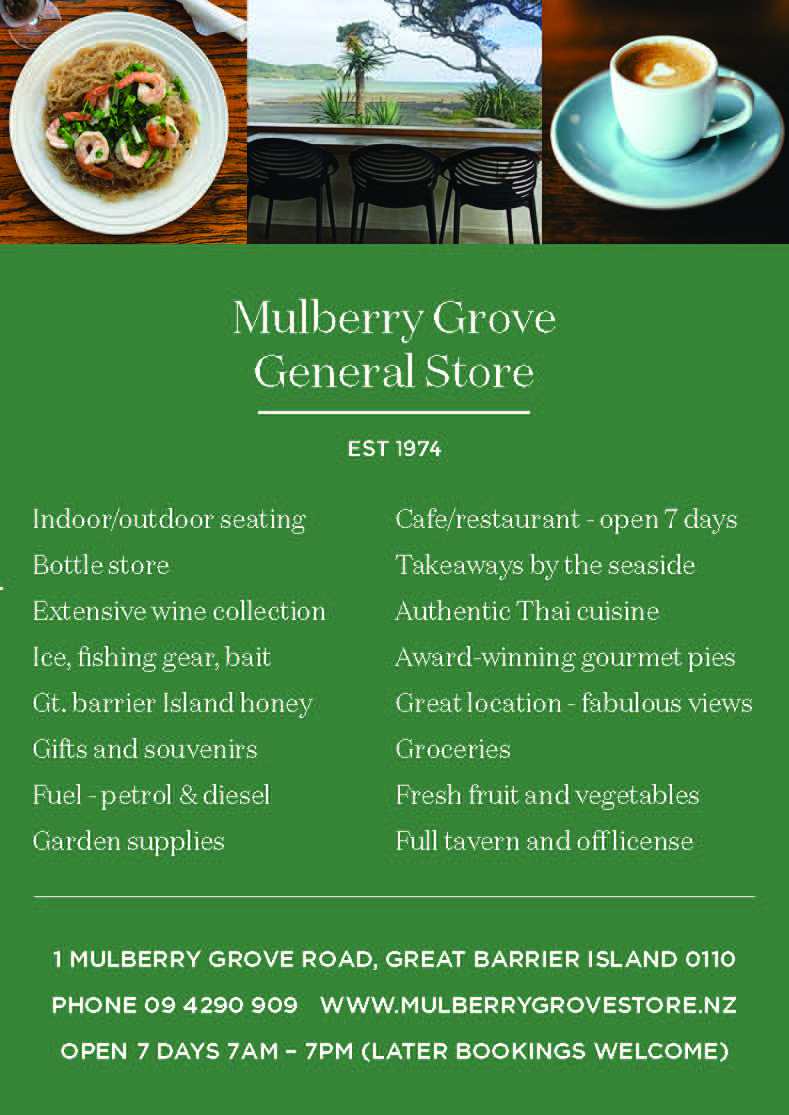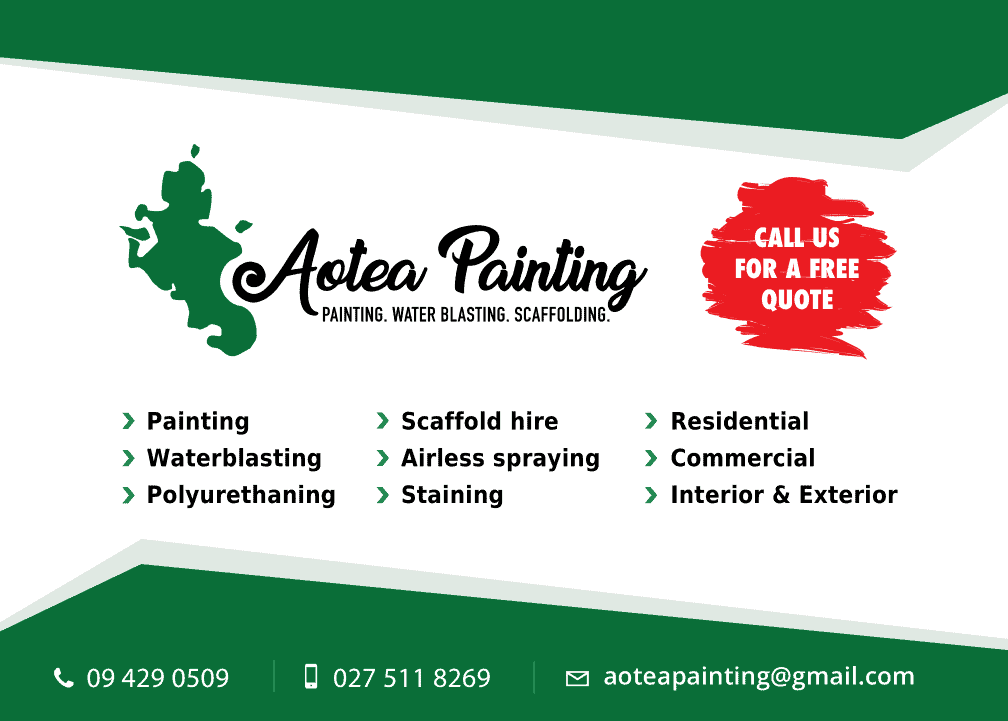Lurline (Lou) Reed’s passion for both children and Māori culture has enabled Te Reo me ōna tikanga to become an essential part of Ōkiwi school and the community for the past 34 years.
Last week, Lou retired. We share her story here.
“In the 1990s the Board of Trustees consulted with the community in regards to developing a localised charter. Whetu McGregor said “definitely teach Te Reo, but I don’t want it isolated, I want you to teach the whole school’. And so that’s what we did.”
Afterwards Te Reo and other Māori practices were integrated into the kura and community. “Rereahu Woodcock ran Te Reo night classes at Ōkiwi prior to 2000, Brian my husband ran Te Reo classes at both Motairehe marae and Ōkiwi school while supporting the men with their whaikōrero after 2000.”
“Te Motu o Aotea Māori Women’s Welfare League was established in the early 1990s. We wanted to bring back skills that our Māori people had before colonization. We organized 12 weavers from Northland and Auckland to come and share their skills.”
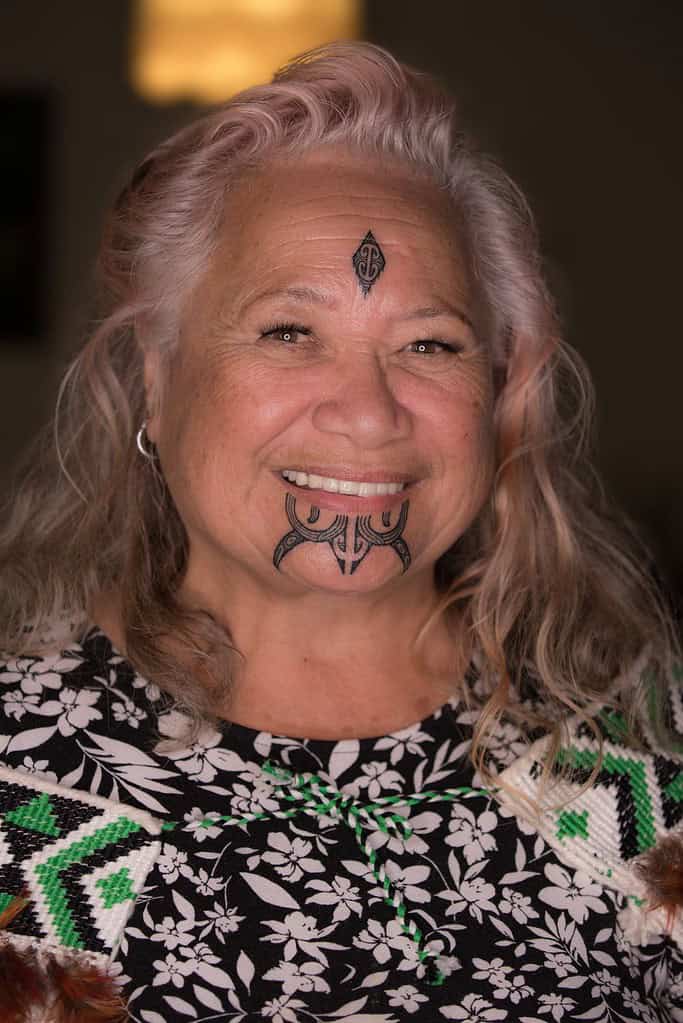
Ōkiwi kura make sure tikanga is integrated, through every day practices.
“We start the morning off with karakia and the children have a process called whakapuare (opening of the day). Every morning there are four rōpū (groups), and each will have a kaikarakia (someone who starts the karakia), hīmene, two kaimihi (someone doing the mihi to acknowledge the kaiako and any manuhiri or parents who may be there), a kaiwaiata (someone to start the waiata tautoko). We open morning tea and lunch up with a karakia and have different commands that are taught and known by the children, as well as phrases they can repeat themselves. All the children learn the pepeha and how to do a mihimihi.”
“It’s not about the teaching, it’s about the children using the Reo.” For the tamariki coming out of Ōkiwi kura, Reo becomes second nature, whether they are Māori or Pakeha. “The skills they learn at Ōkiwi school are with them for the rest of their lives. Wherever they are, they are confident to stand up and introduce themselves.”
Lou speaks about what it was like for her growing up being Māori, “I remember coming home from school at the age of five crying and mum said to me “what’s the matter?” I said, “these kids are calling me a Māori – which was not a good thing to be. My mother quickly put me right there.”
It wasn’t until Lou went to teachers college that she started learning Te Reo as there were no options to do so at high school in the 1970s.
“I completed the 5th, 6th and 7th form. I was the only Māori girl to do that. So it gave me a voice to speak to the other Māori children. I said “don’t leave at 16. There are too many of you doing that. If you have a problem, put your hand up. If you don’t understand, put your hand up. If that teacher is not prepared to teach you or help you, go to the headmaster. I wanted them to develop strength and belief in themselves and their capabilities.”
“As a teacher my dream has always been to guide children into making good choices for their lives and their communities. To be kind to themselves and others, to be happy, be creative, to sing and dance freely like no one’s looking, be curious and ask questions.”
“I am positive with all the love, caring parents and staff at Ōkiwi, that it will continue to rock.”
Lou recently received a moko kauae at Koriniti marae in Whanganui. “I am Māori, this is where this moko kauae comes from. I was Māori in my heart and now I wear it, I show the world. This is me, this is who I am.”
Words by Georgie Higham
Listen to Lou’s full interview with Tim Higham on Aotea FM:
